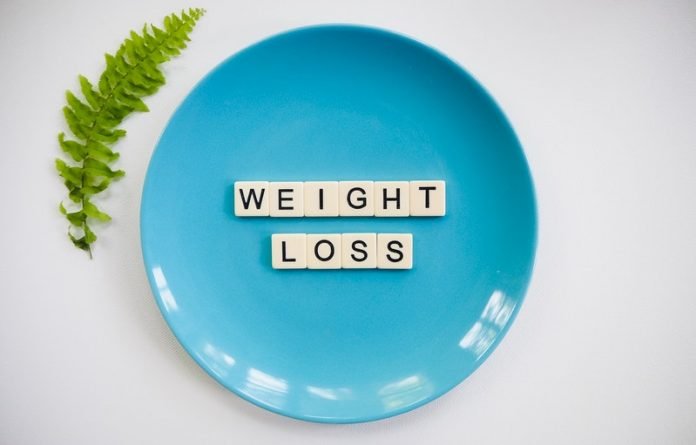
Scientists from the University of Illinois Urbana-Champaign found an individualized diet program that empowers users to create their own plan based on targeted levels of protein and fiber shows promise at helping people lose extra pounds and keep them off.
The research was published in the journal PLOS ONE and was conducted by Mindy H. Lee et al.
The Individualized Diet Improvement Program (iDip) is a self-guided approach that involves easy-to-use tools.
Based on the dietary guidelines issued by the Institutes of Medicine, the iDip visual tool plots foods’ protein and fiber densities per calorie along with a target range for meals.
The tool helps users create meals with about 80 grams of protein and 20 grams of fiber daily while limiting their intake to less than 1,500 calories per day.
In the study, all of the participants in the initial clinical trial had a body mass index greater than 28, placing them in the overweight or obese categories.
According to participants’ self-reports, they had obesity-related health conditions such as high blood pressure and had tried two or more commercial diet programs or weight-loss products in the past.
Participants weighed themselves daily at home using a wifi-enabled scale, and the researchers provided each person with a chart every week showing their weight-loss progress, intended rate of loss, and six-month goal weight.
The daily weighing and weekly feedback charts allowed participants to monitor their progress without counting calories or completing a daily food journal, which can be tedious, time-consuming and inaccurate.
During the 12-month program, participants attended 22 educational sessions led by registered dietitians.
These included 19 group lectures that offered nutrition information and explained how to apply this knowledge to grocery shopping and cooking.
Additionally, each participant received three individual coaching and advising sessions.
According to the study, 12 of the 14 participants finished the program. Half achieved the researchers’ goal of losing at least 5% of their body weight and maintained it during the six-month follow-up phase.
Although the number of participants was small, the researchers said it demonstrated the program’s feasibility.
A third clinical trial of iDip currently is underway with 30 participants, and the results are even more promising.
At the conclusion of the six-month weight-loss phase, participants lost about 6.5% of their body weight.
The team says diet flexibility is key to making weight loss and maintenance sustainable.
If you care about weight loss, please read studies about how to lose weight through exercise, and 5 steps to lose weight and keep it off.
For more information about weight loss, please see recent studies that major weight loss may reverse heart disease risks, and results showing 10 small changes you can make today to prevent weight gain.
Copyright © 2022 Knowridge Science Report. All rights reserved.



